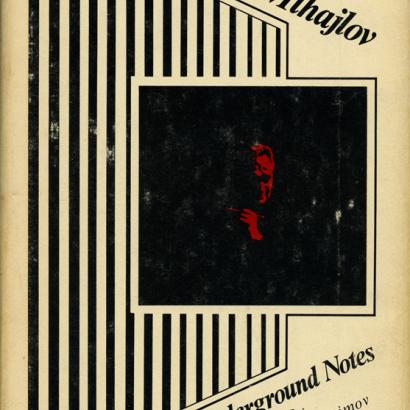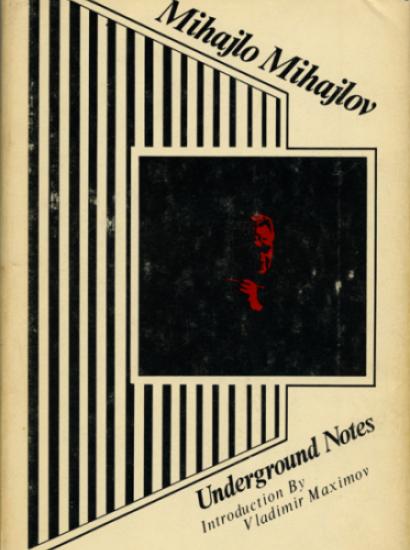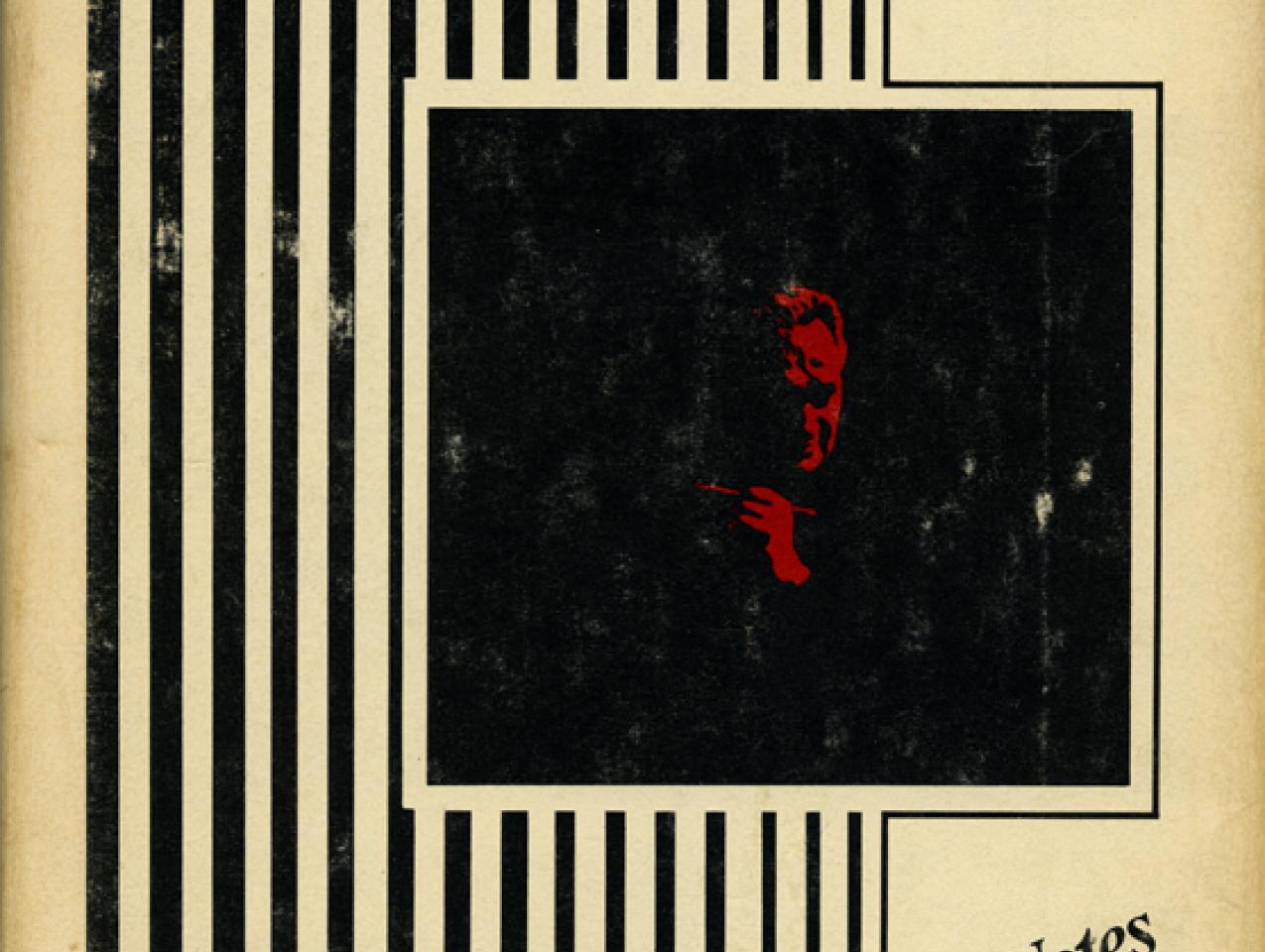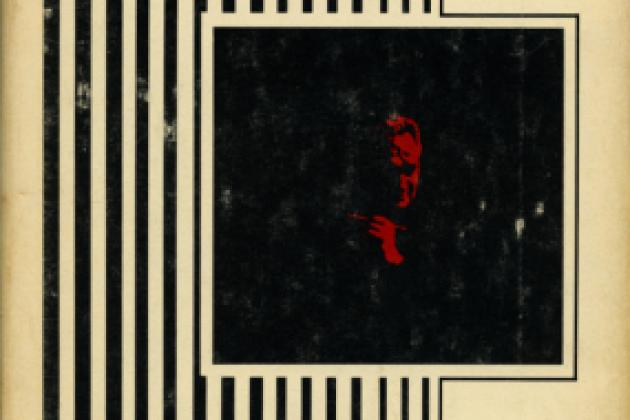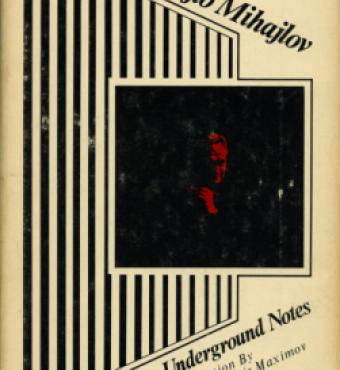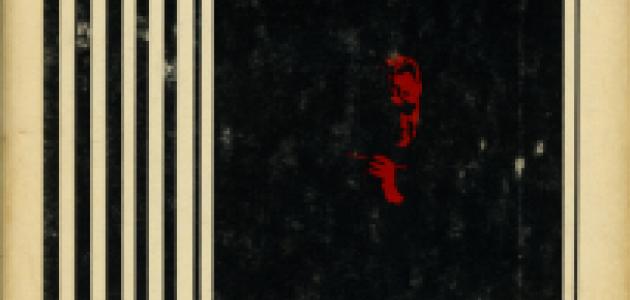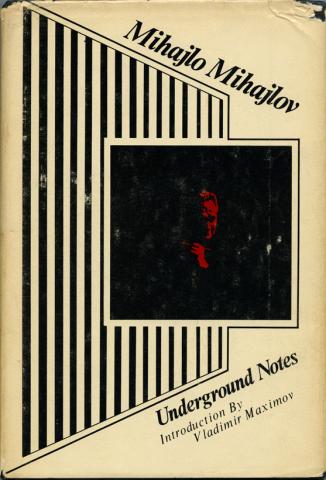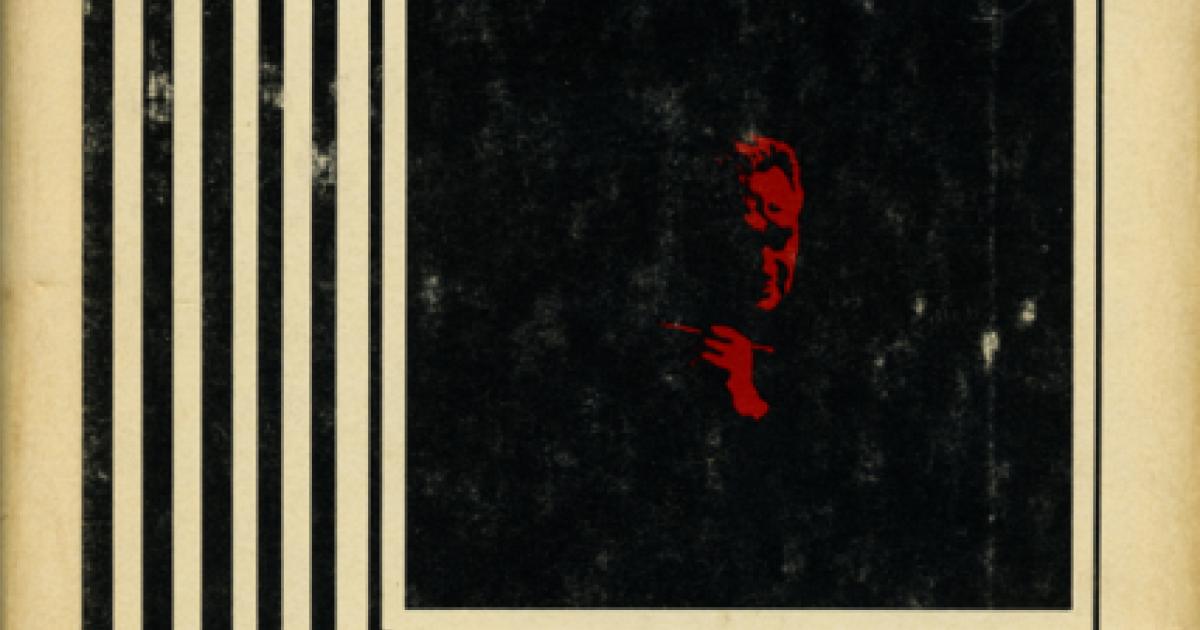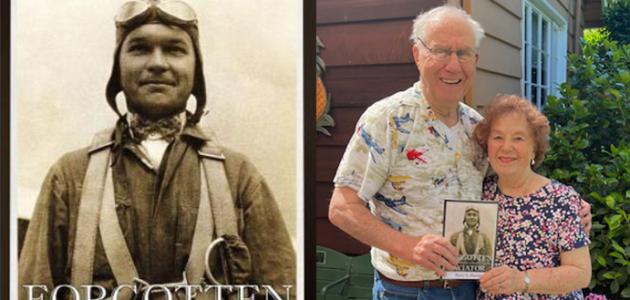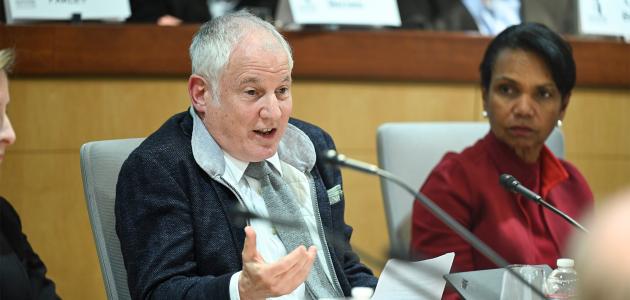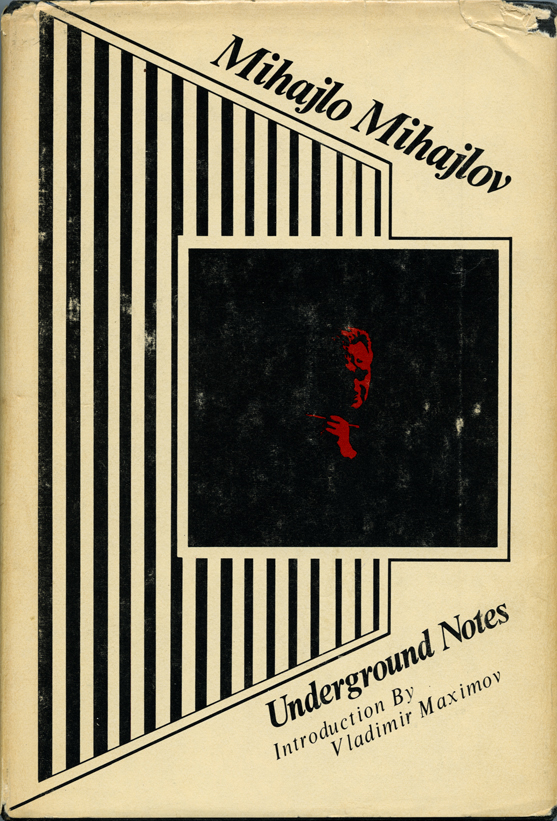
Recently the Hoover Institution Library and Archives acquired more than seventy boxes of archival materials from the estate of the late Mihajlo Mihajlov (1934–2010), a Serbian writer, political activist, and dissident who was imprisoned for his critiques of Tito’s Yugoslavia in the late 1960s and early 1970s. This collection, which augments an earlier donation made during Mihajlov’s lifetime, contains correspondence, publications, and audiovisual media that document the breadth of Mihajlov’s public career, from mid-1960s Yugoslavia to his exile in the United States and, eventually, his return to post-Milosevic Serbia in 2001.
Mihajlo Mihajlov, who was born in Yugoslavia to a family of Russian immigrants, studied comparative and Russian literature at universities in Zagreb and Ljubljana, eventually publishing works such as Moscow Summer (1965) and Russian Themes (1968), which brought him to the attention of an international audience. Further activities in his homeland during this period, such as attempting to establish an independent magazine and publishing articles critical of Tito in the West, made him, as he later referred to himself, the “Number 2 dissident” in his country after Milovan Djilas. He served two prison terms, from 1966 to 1970 and then again from 1974 to 1977. He was allowed to immigrate to the United States in 1978, settling in Washington, DC, where his mother and sister were living. During the next twenty years, he lectured widely at universities in the United States and in Europe, wrote editorial columns for a variety of newspapers and magazines, and was active in human rights organizations and causes, including the Committee to Assist Democratic Dissidents in Yugoslavia (CADDY). He returned to Serbia in 2001, settling in Belgrade, where he lived for the remainder of his life, writing and speaking about political affairs in his homeland.
This new accession of Mihajlov’s papers contains correspondence between Mihajlov and his family during his imprisonment in Yugoslavia, manuscript drafts and notes for several of his published books, an extensive collection of his published articles from periodicals in the United States, Western Europe, and Serbia, including articles he wrote for Russian and Serbian expatriate newspapers in the United States, as well as video recordings of television interviews with Mihajlov during his last years in Serbia. In addition, these papers document well his human rights activities, and complement another newly donated collection of material from his friend and colleague, Rusko Matulic, who worked with Mihajlov, the future Croatian leader Franjo Tudjman, and Serbian intellectual Momcilo Selic in CADDY during the 1980s and 1990s. Matulic’s donated materials, along with Mihajlov’s collection, provide a detailed record of the activities of this organization that sought to assist dissidents during the waning days of post-Tito Yugoslavia. In short, the newly acquired Mihajlo Mihajlov papers provide a rich documentation of the life and career of one of the most prominent democratic dissidents of the cold war era and will complement the collections at Hoover of such well-known Soviet dissidents such as Andrei Siniavskii and Aleksandr Ginzburg.




